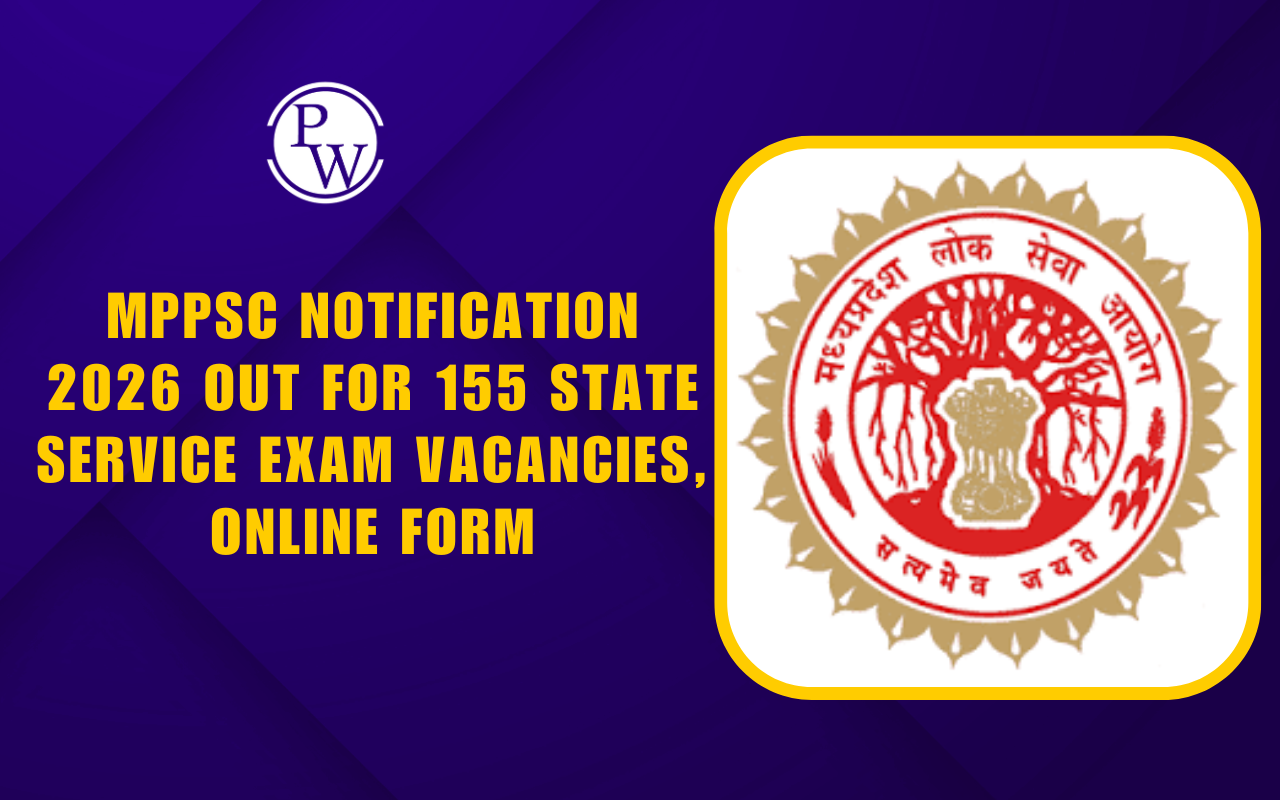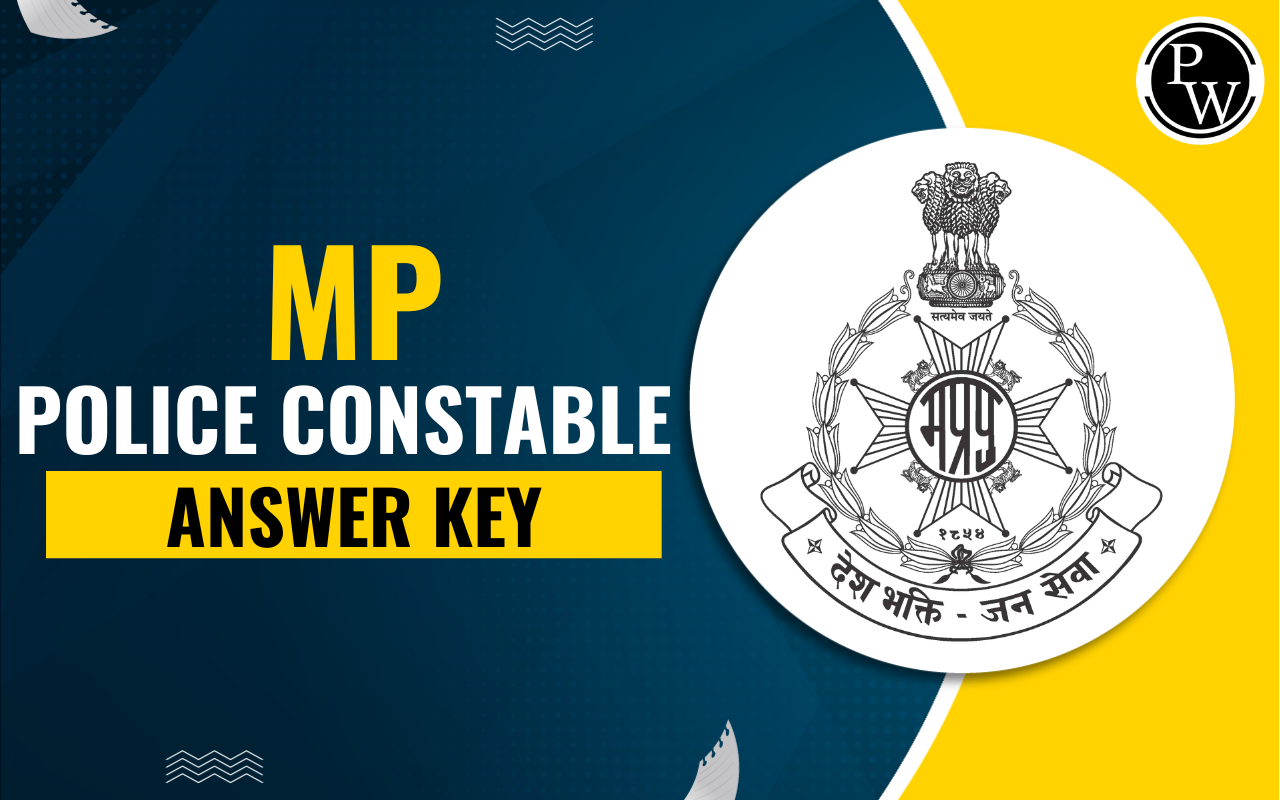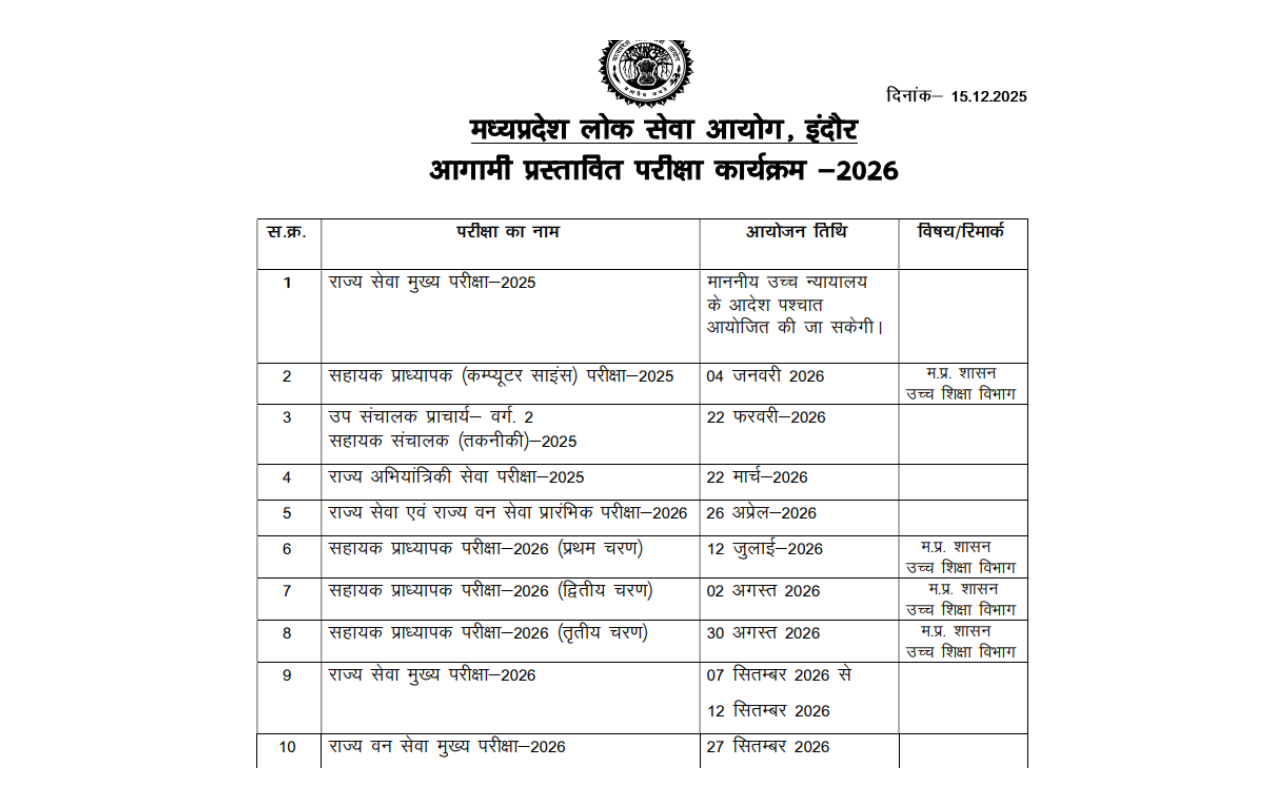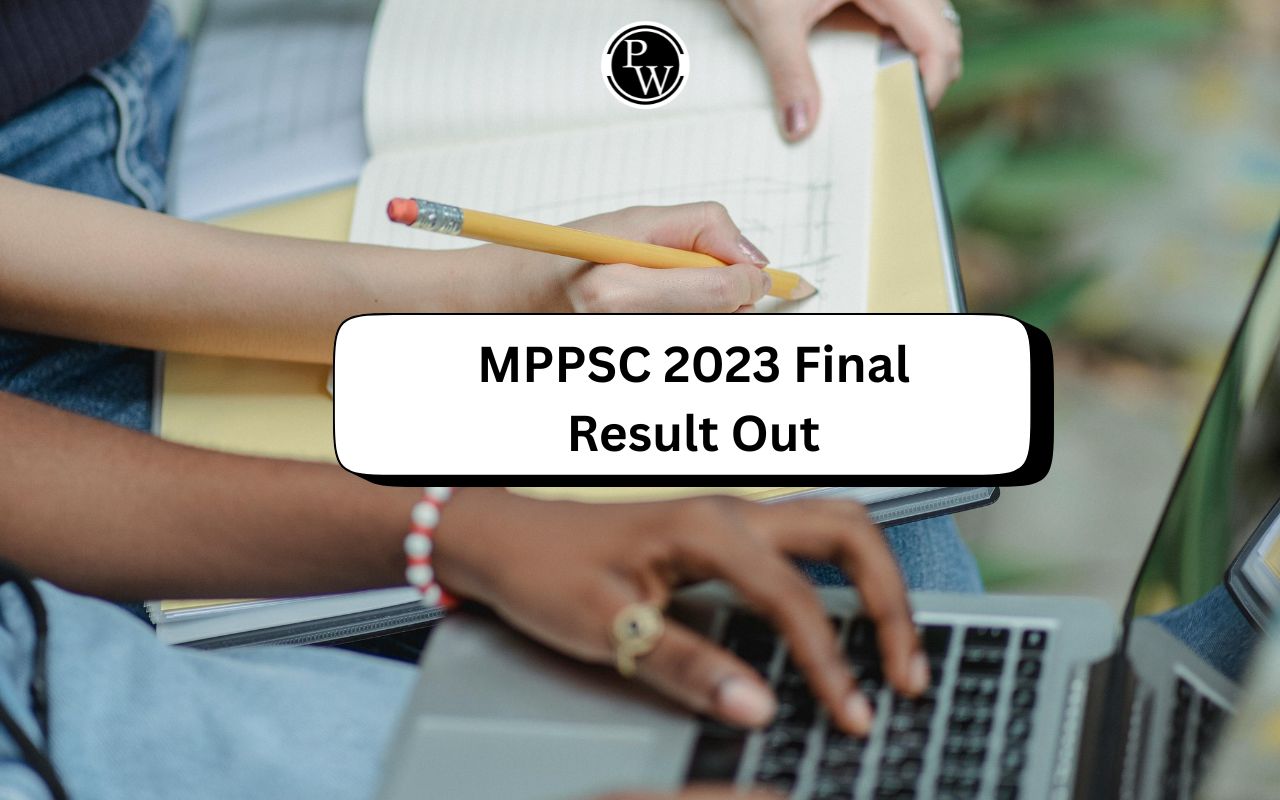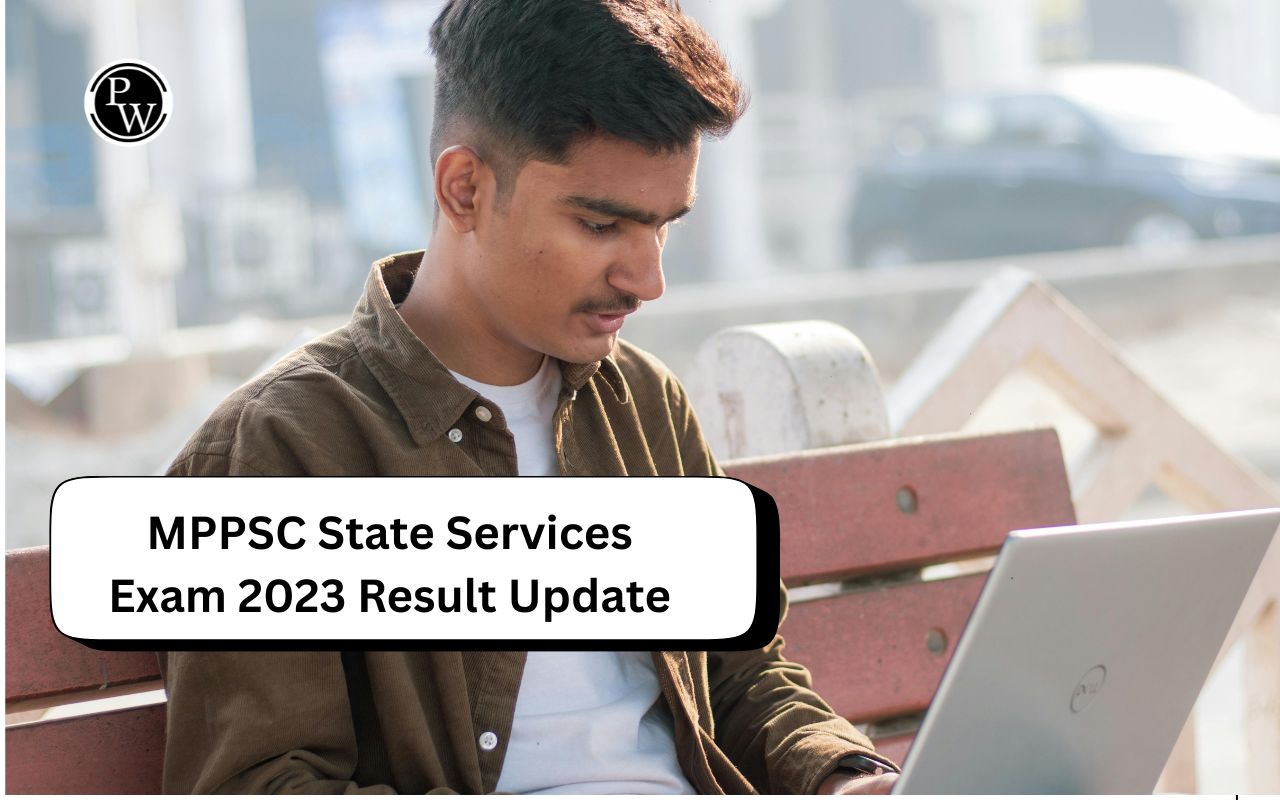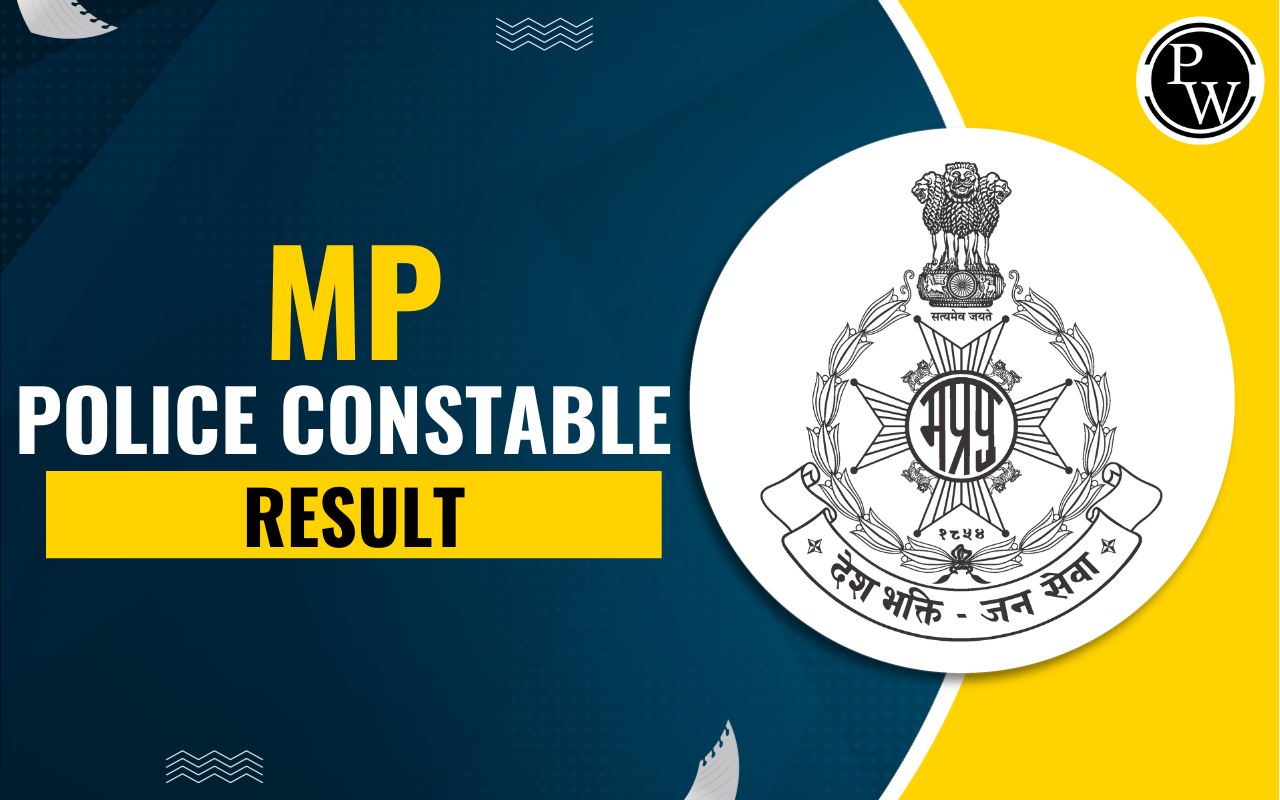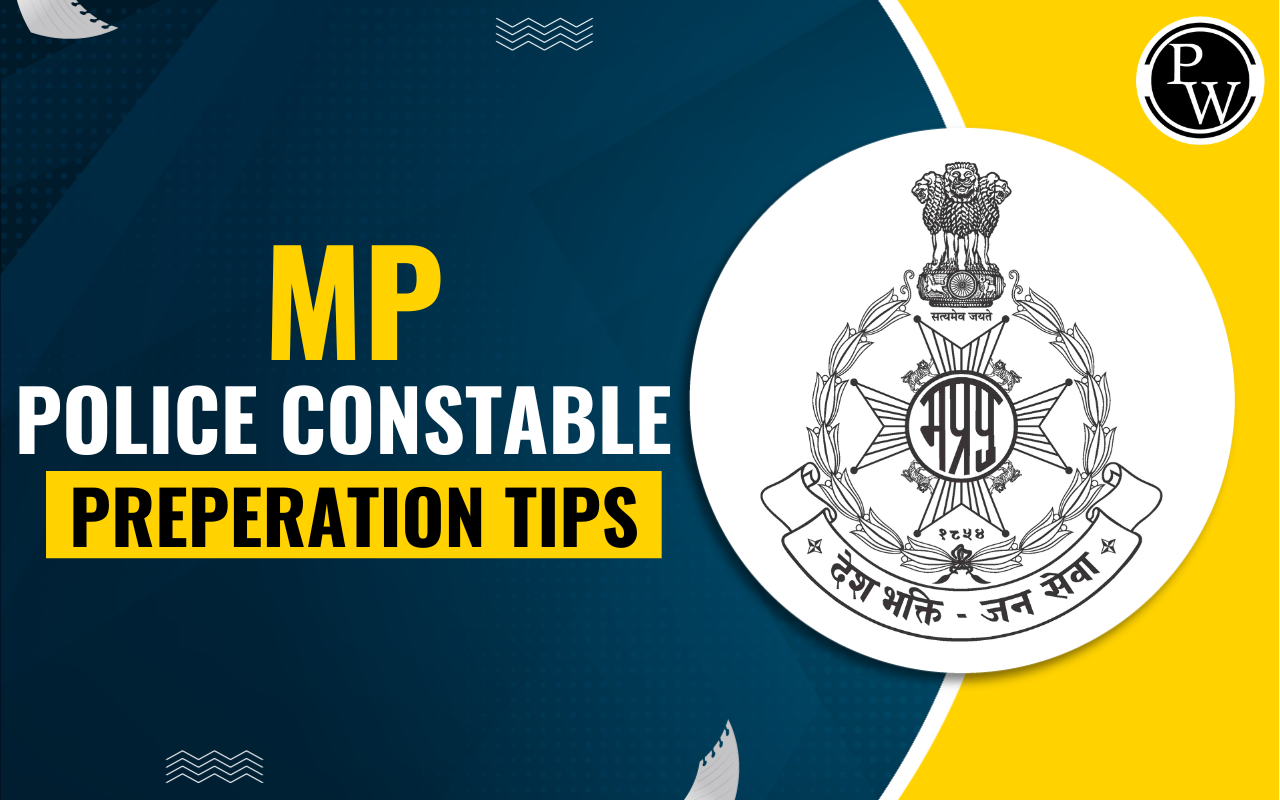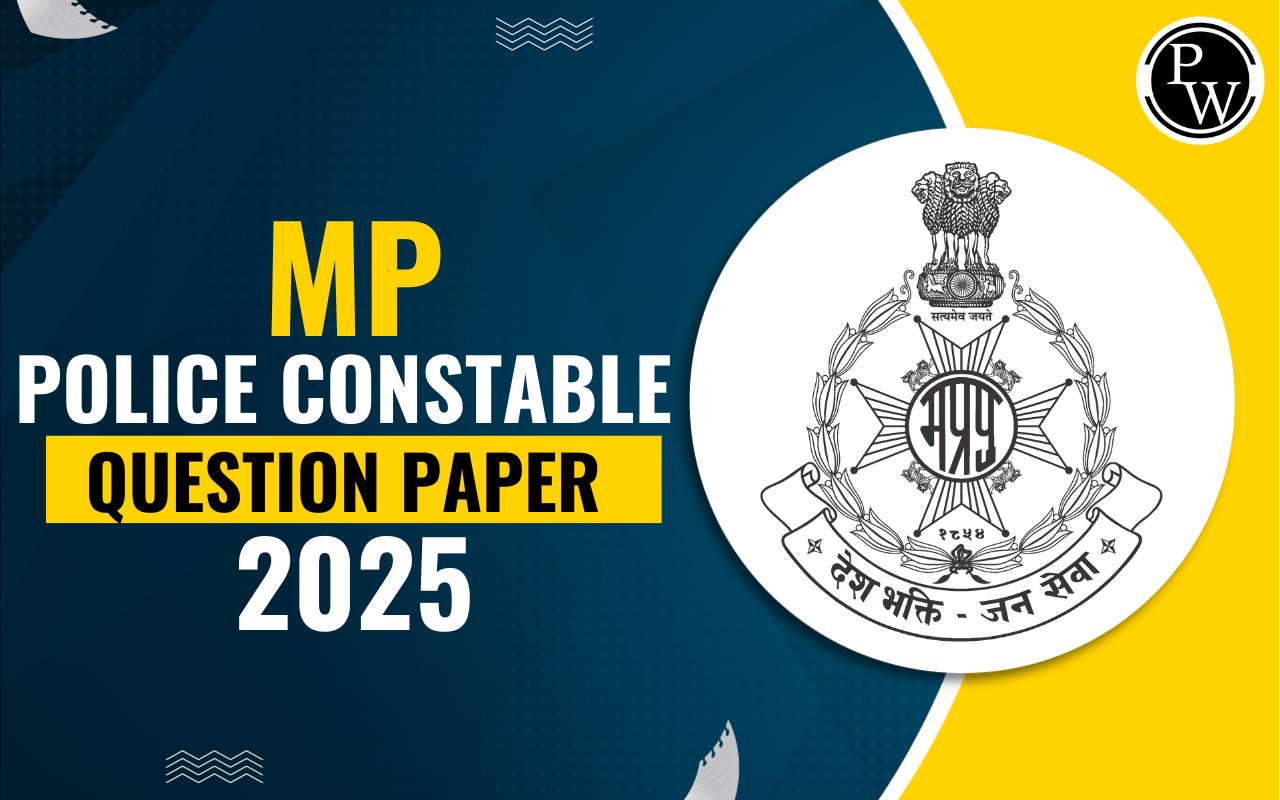
History Notes for MPPSC: The MPPSC History Notes are important since they are included in both the General Studies paper 1 of the main MPPSC Exam and the General Studies paper 1 of the MPPSC preliminary exam. Three sections make up the MPPSC history syllabus: ancient, medieval, and modern. The importance of history notes for MPPSC and other significant historical themes will be covered in this essay. The testbook offers comprehensive notes on Madhya Pradesh history that are especially made for the Madhya Pradesh Public Service Commission exam.
History Notes for MPPSC
The MPPSC Syllabus includes a significant amount of history. Additionally, these notes provide an overview of the fundamentals covered in the history curriculum. The following is a list of the key subjects that must be studied for the MPPSC test sections on ancient history, mediaeval history, modern history, and world history (with Madhya Pradesh receiving special preference).
History Notes for MPPSC: Ancient History
Ancient History provides a detailed overview of key events, rulers, and civilizations from ancient India. These notes are designed to simplify important topics for better understanding and exam preparation.
|
Ancient History |
Satavahana dynasty |
|
Vedas |
|
|
Structure of society and politics |
|
|
Difference between Caste and Class |
|
|
Satavahanas art and architecture |
|
|
Important Literary Works of Ancient India |
|
|
Foreign Invasion during ancient India |
|
|
Seals of Harappan Civilization |
|
|
Sri Gupta(240 AD to 280 AD) |
|
|
Non‑agam Literature |
|
|
Mahayana |
|
|
Society and Culture of Indus Valley Civilization |
|
|
Indian Mathematicians and their Contributions |
|
|
Foreign Accounts of ancient travelers |
|
|
Buddhist Councils |
|
|
16 Mahajanapadas |
|
|
Administration During Harshavardhana period |
|
|
Phases of IVC |
|
|
Jainism - Cause of Origin |
|
|
Mahajanapadas Administration |
|
|
Sangam Literature |
|
|
Types of Vedas |
|
|
Layana/Gumphas (Caves) |
|
|
Buddhism - Causes and Origin |
|
|
Varna system |
|
|
Mahajanapadas Economy |
|
|
Differences between Buddhism and Jainism |
|
|
Hinayana |
|
|
Social classes |
|
|
Doctrine & Teachings of Mahavira |
|
|
Ashoka and Buddhism |
|
|
Reason: Spread & Popularity of Buddhism |
|
|
Ashoka Inscription/ Edicts |
|
|
Jain Tirthankaras |
|
|
Ashoka inscription |
|
|
Ashoka's Administration and Economy |
|
|
Rig Veda |
|
|
Similarities between Buddhism and Jainism |
|
|
Growth of the Mauryan age |
|
|
Significance of Mauryan Empire |
|
|
Ashoka's Dhamma |
|
|
Rudradaman I (Reign 130 AD – 150 AD) |
|
|
Central Asian Contacts during muryan period |
|
|
Greek & Roman Ancient Foreign Accounts about India |
|
|
Pillar edicts of Ashoka |
|
|
Vishnugupta (540 AD – 550 AD) |
|
|
The Kanishka(127 CE-150 CE) |
|
|
Varna system during Early Vedic period |
|
|
Administration During the Mauryan period |
|
|
Foreign Travellers in Indian History |
|
|
Kumaragupta I(413 AD to 455 AD) |
|
|
The Mahajanapadas |
|
|
Mauryan Culture |
|
|
Different Indian Dynasties |
|
|
The Indian Notational System |
|
|
Mahajanapadas Society |
|
|
The Shakas |
|
|
Chalukya Dynasty(6th century-12th century) |
|
|
Chalukya Rulers |
|
|
Timeline of Indian history |
History Notes for MPPSC: Medieval History
Medieval History covers significant events, rulers, and dynasties from India's medieval period. These notes are designed to make complex topics easier to understand for effective exam preparation.
|
Medieval History |
End of Muhammad-bin-Qasim |
|
Important Rulers of Palas |
|
|
Gopala (750 CE) |
|
|
Administration of Vijayanagar empire |
|
|
Mamluk Dynasty (1206-1287) |
|
|
Devapala (810 – 850 CE) |
|
|
Administration of Palas |
|
|
Bahmani |
|
|
Successors of Ala-ud-din Khilji |
|
|
Religion of Palas |
|
|
Administration of Senas |
|
|
The Rajputs(647 A.D- 1200 A.D) |
|
|
Provincial Kingdoms of Medieval India |
|
|
Time Period of the rajputs |
|
|
Major Literary Works of Rajputs |
|
|
Religion of Rajputs |
|
|
Social Life of Vijayanagara Kingdom |
|
|
Administration of Rajputs |
|
|
Rulers of the Pallava Empire |
|
|
Political history of Pallava dynasty |
|
|
Bahmani Kingdom |
|
|
Extent of the Pallava dynasty |
|
|
Three Chalukyas |
|
|
Origin of Rashtrakutas |
|
|
Rulers of Sayyid Dynasty |
|
|
Major Literary Works of pallava dynasty |
|
|
Administration of Rashtrakutas |
|
|
Effects of Arab Conquest |
|
|
Economy of Sayyid Dynasty |
|
|
Chalukyas(6th Century to 12th Century) |
|
|
Decline of Rashtrakutas |
|
|
Administration of Mamluk Dynasty |
|
|
Rulers of Lodi Dynasty |
|
|
Important Rulers of Chalukyas |
|
|
Arab Invasion in India |
|
|
Cultural Contributions of Vijayanagara Kingdom |
|
|
The Maratha Advance into Gujarat and Malwa |
|
|
Decline of Chalukyas |
|
|
The Turkish Invasion in India |
|
|
Provincial Kingdoms of Northern India |
|
|
Political History of Vijayanagar empire |
|
|
Art and Architecture of Rashtrakutas |
|
|
Domestic Policies of Ala-ud-din Khilji |
|
|
The Sayyid Dynasty (1414-1451 A.D.) |
|
|
Economic Condition of Vijayanagar empire |
|
|
Society and Culture of Rashtrakutas |
|
|
The economy of Vijayanagara Kingdom |
|
|
Administration of Sayyid Dynasty |
|
|
Regional States of North and South India |
|
|
Cholas (300 CE to 1300 CE) |
|
|
Administration of bahmani kingdom |
|
|
Administration of delhi sultanate |
|
|
Society-Structure and Growth in the Medieval Period |
|
|
Society and Economy of Cheras |
|
|
Architecture of mughal empire |
|
|
Cultural Development in India (1200–1500) |
|
|
DYNASTIES OF EARLY MEDIEVAL INDIA |
|
|
Early Muslim Invasion |
|
|
Rise of the Marathas |
|
|
Economic and Social Life under the Mughals |
|
|
Regional States in the Medieval Period |
|
|
Achievements of Marathas |
History Notes for MPPSC: Modern History
Modern History focuses on key events, movements, and leaders that shaped India's modern era. These notes simplify important topics to help you prepare efficiently for the MPPSC exam.
|
Modern History |
Rajagopalachari formula |
|
Battle of Plassey(1757) |
|
|
Komagata Maru Incident (1914) |
|
|
Impact of British Policy on Indian Economy |
|
|
Cabinet Mission (1946) |
|
|
Third Anglo-Mysore War(1790-92) |
|
|
First world war and nationalist response(1914-1919) |
|
|
Civil Uprisings before 1857 |
|
|
All India Kisan Sabha(1936) |
|
|
First Anglo-Maratha War(1775-82) |
|
|
Methods used- Home Rule League Movement |
|
|
Revolt of 1857 |
|
|
Governor of Bengal (Before 1773) |
|
|
Third Carnatic War(1758-63) |
|
|
Emergence of Gandhi |
|
|
Political Causes of Revolt of 1857 |
|
|
Lord Warren Hastings (1773-1785) |
|
|
Subsidiary Alliance System |
|
|
Wavell Plan (1945)/ Shimla Conference |
|
|
Socio-Religious Reform Movement(SRRM) |
|
|
Lord Rippon (1880-1884) |
|
|
Different Policies of British rule |
|
|
Development of Education During British Rule |
|
|
Causes that helped the Rise of Indian nationalism |
|
|
C.R. Formula or Rajaji Formula of 1944 |
|
|
Ryotwari System |
|
|
Woods Despatch (1854) |
|
|
Indian National Congress 1885 - Foundation and Moderate phase |
|
|
Charter Act of 1833 |
|
|
Paika Rebellion(1817) |
|
|
Indian Civil Service Act, 1861 |
|
|
Foundational theories of INC |
|
|
Indian Councils Act 1861 |
|
|
Tribal Revolts |
|
|
Indigo Revolt (1859-60) |
|
|
Growth of Militant Nationalism |
|
|
Land Revenue Systems in Pre Independent India |
|
|
Socioreligious reform movements in south India during colonial time |
|
|
Robert Clive (1754-1767) |
|
|
Reactionary policies of Curzon |
|
|
The Second Carnatic War |
|
|
Impacts of Socio-Religious Reform Movement |
|
|
Lord Minto-I (1807-1813) |
|
|
Partition of Bengal(1905) |
|
|
Battle of Buxar(1764) |
|
|
Foundation of INC |
|
|
Lord Curzon (1899-1905) |
|
|
First Phase of Revolutionary Activities(1907-1917) |
|
|
Fourth Anglo-Mysore War(1799) |
|
|
Moderate Phase(1885-1905) |
|
|
Lord Mountbatten (1947-1948) |
|
|
Home Rule League Movement |
|
|
Second Anglo-Maratha War(1803-05) |
|
|
Contributions of Moderate Nationalists |
|
|
Gandhi-Irwin Pact |
|
|
Gains- Home Rule League Movement |
|
|
First Anglo-Sikh War(1845-46) |
|
|
Surat Split(1907) |
|
|
Important Indian Freedom Fighters – Lala Lajpat Rai |
|
|
Revolutionary Activities During the 1920s |
|
|
Doctrine of Lapse |
|
|
Revolutionary Activities |
|
|
Second Anglo Maratha War |
|
|
Simon Commission(1927) |
|
|
Mahalwari System |
|
|
Factors-Home Rule League Movement |
|
|
Tribal Revolts in the 18th and 19th Centuries |
|
|
August Offer (1940) |
|
|
Malguzari System |
|
|
Besant's Home Rule Movement |
|
|
The Rowlatt Act and the Jallianwala Bagh Massacre |
|
|
Indian National Army and Subhash Bose |
|
|
Economic Cause of Revolt of 1857 |
|
|
Impact of Non-Cooperation Movement |
|
|
Third Anglo-Maratha War(1817-18) |
|
|
Charter Act,1813 |
|
|
Factors giving rise for Socio-religious reforms |
|
|
Recommendations of Simon Commission |
|
|
Second Carnatic War(1749-54) |
|
|
Hunter Education Commission (1882-83) |
|
|
Swadeshi Movement & Boycott Movement (1905-1908) |
|
|
Gandhi-Irwin Pact (1931) |
|
|
Land Revenue Policy |
|
|
Governor Generals of Bengal (1773-1833) |
|
|
Indian Councils Act 1909 (Morley-Minto Reform) |
|
|
causes of world war 2 |
|
|
Permanent Settlement |
|
|
Lord Lytton (1876-1880) |
|
|
Government of India Act 1858 |
|
|
Peasant Movements in the 19th Century: Indigo Revolt |
|
|
Viceroys of India |
|
|
Lord Lansdowne (1888-1894) |
|
|
Revolutionary Movement In India |
|
|
Vellore Mutiny, 1806 |
|
|
Indian National Congress Annual Sessions |
|
|
The Moderate Phase |
|
|
The Third Carnatic War |
|
|
Lord Minto-II (1905-1910) |
Importance of History for the MPPSC Exam
Since there are four to five questions with a total score of eight to ten marks each year, history is a crucial topic that can help you pass the MPPSC state service exam with a high score. Topics from ancient, mediaeval, and modern history are covered in the first general studies paper. Major events, dynasties, tribes, and dialects in Madhya Pradesh's history are the subjects of the questions.
Also read: MPPSC Eligibility Criteria
Important Tips For MPPSC History Preparation
It can be challenging at times to study History for the MPPSC exam, especially when questions are asked from different sections of History. The following are some preparation tips for the MPPSC history subject.
-
Practice Previous Year and Mock Test for History: Attempt as many as possible MPPSC Previous Year Paper and MPPSC Mock tests in order to attain conceptual clarity of history topics and shortlist important topics by analyzing the previous year's question trends.
-
Importance of Memorizing the History Syllabus: The history syllabus needs to be meticulously remembered in order. By doing this, aspirants will be able to differentiate between the topics, which will be helpful throughout the MPPSC exam preparation period.
-
Importance of Studying Topics by Interlinking: There are some topics of history that can be studied together such as the Independence Movement in Madhya Pradesh and Indian Cultural heritage.
-
Multiple Revision: Revision is the key to scoring good marks in the MPPSC exam and multiple revisions should be done before the examination. Revision is particularly important in history as it contains a lot of factual and conceptual aspects.
-
Answer Writing for MPPSC Mains preparation: An aspirant should try to attempt daily answer writing to score good marks in the main examination.
FAQ
How important is history for the MPPSC Prelims exam?
What should I include in my history notes for MPPSC?
What are some key topics to focus on for Madhya Pradesh history?

